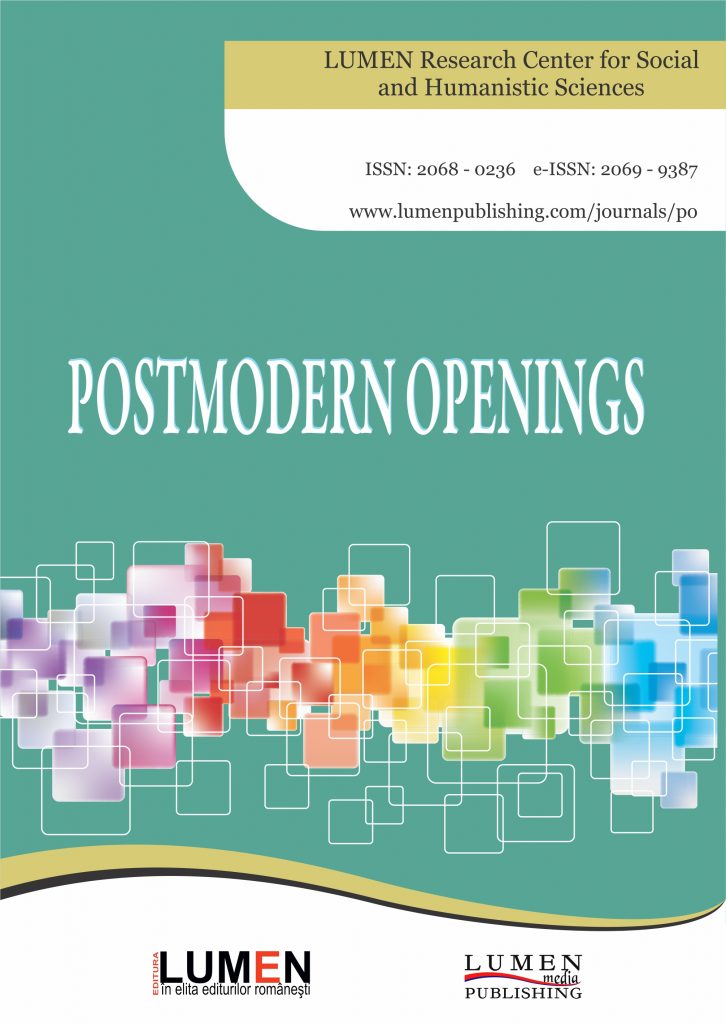Shakespeare’s Vivid Presence in the Age of Postmodernity
Shakespeare’s Vivid Presence in the Age of Postmodernity
Author(s): Esther PETER (ANDRAŞ)Subject(s): Social Philosophy
Published by: Editura Lumen, Asociatia Lumen
Keywords: Shakespeare;postmodernism;intertextuality;race;gender;sexuality;law;
Summary/Abstract: This paper aims to address the complex interrelations between William Shakespeare’s theatrical work and Postmodernism, substantiating the idea that the Bard has not become obsolete in contemporary culture. The playwright’s timelessness and transcendence do not require acknowledgement as the postmodern world continues to embrace his aesthetics ardently. Many social issues of Shakespeare’s plays have determined ideas that we consider universally true: ideas about human character, ethics, leadership, love and betrayal, gender and race. These topics have been reimagined in postmodern literature, film and in the fields of psychology, sociology, business, political theory and law. In wrestling with the provocative questions and scenarios Shakespeare created, we question our own assumptions and beliefs, clarify our own thoughts, and become better thinkers. Although Shakespeare’s plays may not always anticipate postmodern ideologies, they definitely generate a wide array of discussions relevant to the age of Postmodernity due to the universality of the themes, tendencies and attitudes, ranging from history to politics, from tragedy to comedy. Considering Shakespeare’s popularity as the most quoted and appropriated author, it is hardly surprising to discover that contemporary critics have been concerned with re-examining his plays in order to strengthen or defy certain postmodern discourses. Far from exhausting all possibilities, the present article seeks to produce generalizable knowledge and encourage further transdisciplinary research.
Journal: Postmodern Openings
- Issue Year: 11/2020
- Issue No: 3
- Page Range: 303-317
- Page Count: 15
- Language: English

